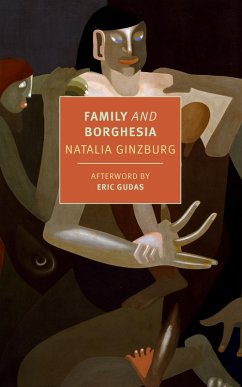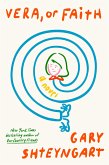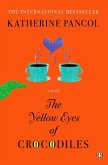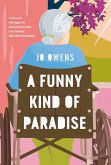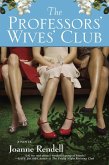Dieser Download kann aus rechtlichen Gründen nur mit Rechnungsadresse in A, B, BG, CY, CZ, D, DK, EW, E, FIN, F, GR, HR, H, IRL, I, LT, L, LR, M, NL, PL, P, R, S, SLO, SK ausgeliefert werden.
The raw beauty of Ginzburg s prose compels our gaze. First we look inward, with the shock of recognition inspired by all great writing, and then, inevitably, out at the shared world she evokes with such uncompromising clarity. Hilma Wolitzer
There is no one quite like Ginzburg for telling it like it is. Her unique, immediately recognizable voice is at once clear and shaded, artless and sly, able to speak of the deepest sorrows and smallest pleasures of everyday life. Phillip Lopate
[Ginzburg s] stories have a subtle power that catches you at the end. . . each sings with the characteristic wit and piercing clarity of prose that holds you rapt when you read her work. Lauren Kane, The Paris Review Daily
Lucid, witty, and heartbreaking. . . [Family is] a superb, unforgettable feast. . . . These two novellas are suffused with the rigorous wisdom Ginzburg earned through calamity and her determination to persist nonetheless in her work. Lynne Sharon Schwartz, The Los Angeles Review of Books
There is perhaps no greater archivist of the family lexicon than the Italian novelist Natalia Ginzburg. . . She believed that the words and stories heard and repeated countless times in childhood constituted a dictionary of our past and, at least in her case, created the conditions for family unity. . . . [Ginzburg] reflects the unvarnished way that close relatives really communicate. Jess Bergman, Jewish Currents

